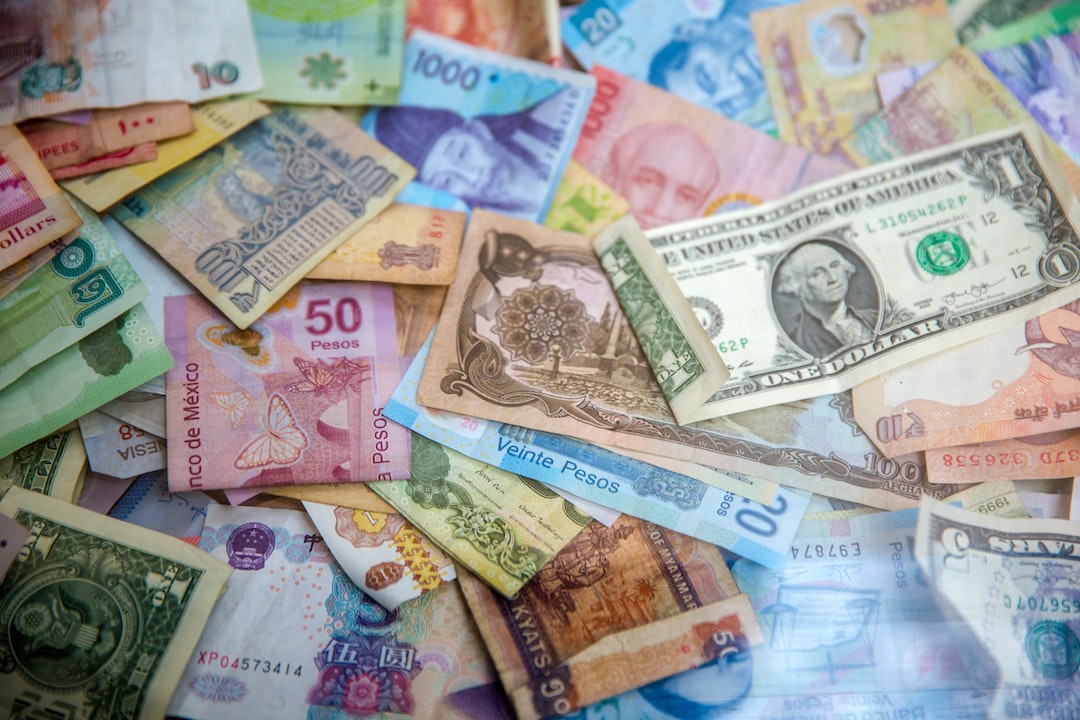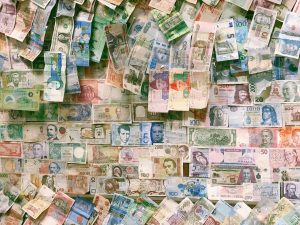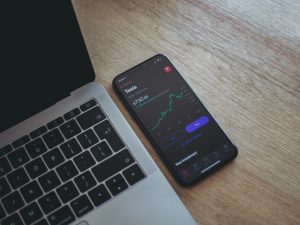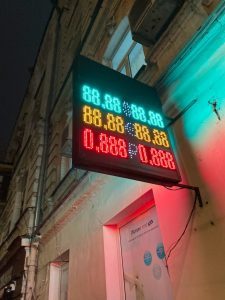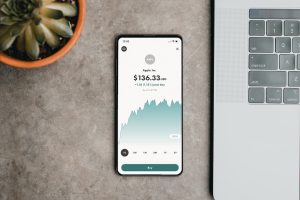The Asian forex market, also known as the Asian session or Tokyo session, is a significant player in the global foreign exchange market. It is the first market to open each week, and it accounts for around 21% of daily forex trading volume worldwide. If you are a forex trader looking to trade in the Asian session, it is crucial to understand when the market opens and what factors influence its trading hours.
When does the Asian forex market open?
The Asian forex market opens at 6:00 PM EST on Sunday, which is Monday morning in Asia. It operates until 4:00 AM EST, when the European forex market opens. During this time, traders from Asia, Australia, New Zealand, and the Pacific Rim countries participate in the market. Tokyo, Singapore, and Hong Kong are the major financial hubs that dominate the Asian forex market.
Factors that influence the Asian forex market’s trading hours
1. Geographical location
The Asian forex market is influenced by its geographical location, which is between the European and North American markets. As such, it opens earlier than the European market but closes before the North American market opens. The time difference between these markets means that traders can take advantage of price fluctuations before other markets open.
2. Economic events
Economic events in the Asia-Pacific region can have a significant impact on the forex market’s trading hours. For instance, when the Reserve Bank of Australia (RBA) announces interest rate decisions, it can lead to increased volatility in the forex market. Similarly, economic data releases from China, Japan, and other Asian countries can impact the forex market’s performance.
3. Trading volumes
Trading volumes in the Asian forex market tend to be lower than in other sessions, such as the European or North American sessions. This is because the Asian session overlaps with the end of the North American session and the start of the European session. As such, traders in the Asian session may be more cautious, leading to lower trading volumes.
4. Currency pairs
The Asian session is known for its focus on currency pairs involving the Japanese yen and the Australian dollar. The Japanese yen is often used as a safe-haven currency, while the Australian dollar is influenced by commodity prices. As such, traders in the Asian session tend to focus on these currency pairs.
Benefits of trading in the Asian forex market
1. Increased liquidity
Although trading volumes in the Asian forex market are lower than in other sessions, the market still offers sufficient liquidity for traders. This is because major financial centers such as Tokyo, Singapore, and Hong Kong are active during this session.
2. Early market access
The Asian session offers traders the opportunity to take advantage of price fluctuations before other markets open. This can be especially beneficial for traders who want to capitalize on news releases or economic events that occur during the Asian session.
3. Reduced market noise
The Asian session is known for its reduced market noise due to lower trading volumes compared to other sessions. This can make it easier for traders to analyze price movements and make informed trading decisions.
Conclusion
The Asian forex market is a crucial player in the global foreign exchange market, accounting for around 21% of daily forex trading volume worldwide. The Asian session opens at 6:00 PM EST on Sunday and operates until 4:00 AM EST, with major financial hubs such as Tokyo, Singapore, and Hong Kong dominating the market. Factors that influence the Asian forex market’s trading hours include its geographical location, economic events, trading volumes, and currency pairs. Traders can benefit from increased liquidity, early market access, and reduced market noise when trading in the Asian session.

